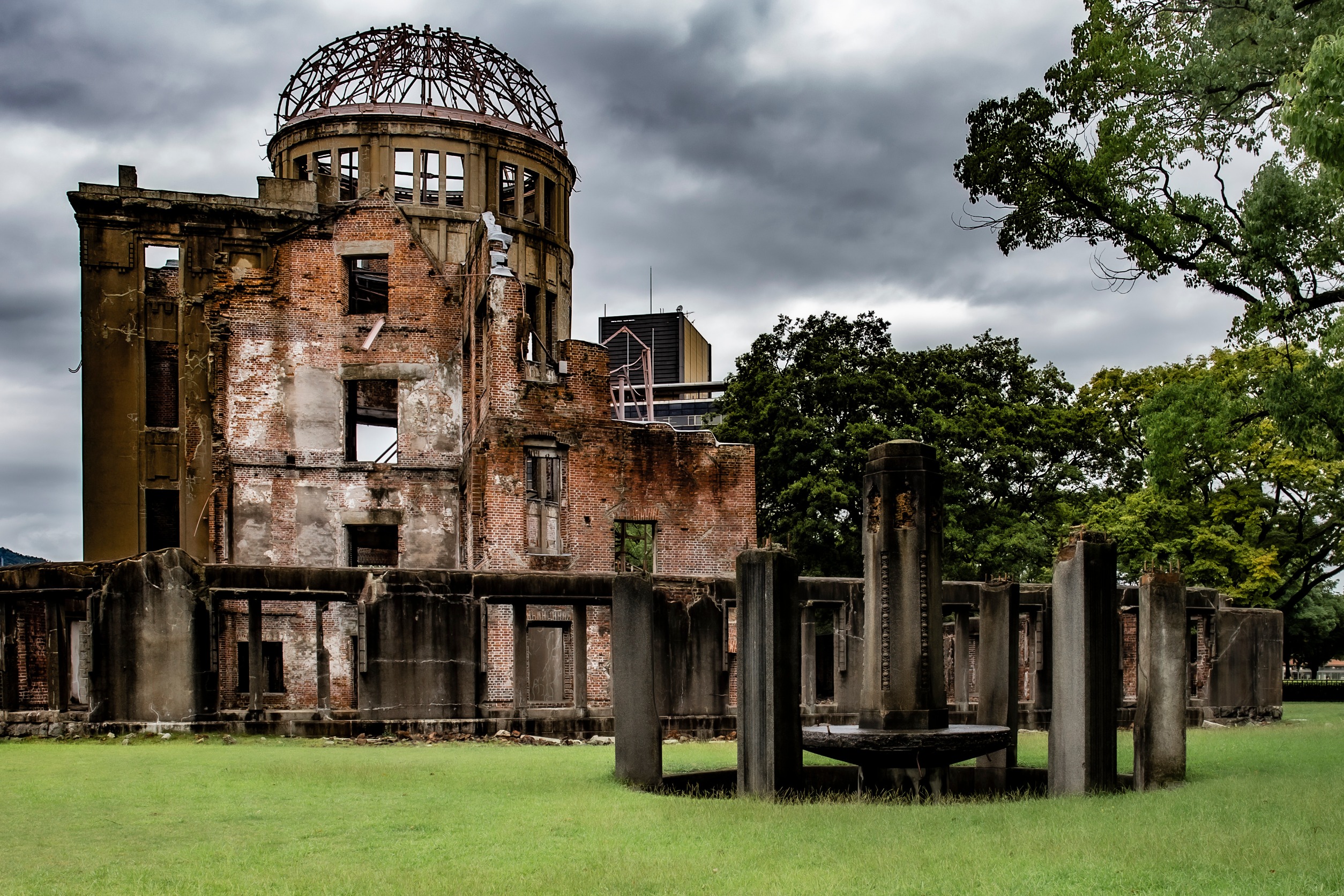Why did Japan surrender in WWII?

Why did Japan surrender?
The reason Japan surrendered in World War II
Japan surrendered to the United States on August 9, 1945. What are the reasons why Japan surrendered?
Japan surrendered in World War II for a combination of reasons, including military defeats, economic sanctions, the use of atomic bombs by the United States and the declaration of war against Japan by the Soviet Union.
By 1945, Japan had suffered significant military losses, including the loss of its navy and air force, and its cities were being destroyed by Allied bombing campaigns. The Soviet Union had also declared war on Japan, and its armies were advancing rapidly towards Japanese-held territories in Asia.
In addition, Japan’s economy was severely weakened, with shortages of food, fuel, and other resources. The United States had imposed a naval blockade and economic sanctions, further worsening Japan’s situation.
The atomic bombings of Hiroshima and Nagasaki by the United States in August 1945 played a significant role in Japan’s decision to surrender. The bombings caused immense destruction and loss of life.
Finally, the Soviet Union was about to begin a full-scale military attack on Japan with a troop of about 1.5 million soldiers breaking the Soviet-Japanese Nonaggression Pact.
The Japanese government realized that it could not continue the war under such circumstances. All of these factors led to Japan’s surrender on August 15, 1945, which marked the end of World War II.
Decisive Reason for Surrender: Soviet Union’s Entry into War with Japan
Did Japan surrender because of the Soviet Union? The Soviet Union declared war on Japan on August 8, 1945, three months after Germany had surrendered and the war in Europe had ended. The Soviet Union had previously signed a neutrality pact with Japan in April 1941, which had remained in effect until the end of the war in Europe.
The decision to declare war on Japan was made at the Yalta Conference in February 1945, where the leaders of the three Allied powers – the U.S., Great Britain, and the Soviet Union – met and secretly agreed to divide Germany into occupation zones and to demand Japan’s unconditional surrender.
In exchange for the Soviet Union’s declaration of war on Japan, the Allies had promised Stalin the return of territories that had been lost to Japan in the Russo-Japanese War of 1904-05, including the southern part of Sakhalin Island and the Kuril Islands.
The Soviet Union’s declaration of war had a significant impact on the course of the war in Asia. Soviet forces quickly launched a massive offensive against Japanese-held territories in Manchuria and Korea, which had a decisive effect on the outcome of the war. Within two weeks, the Soviet Union had captured the key Japanese stronghold of Port Arthur and had occupied most of Manchuria, effectively ending Japan’s ability to wage war on the Asian mainland.
The Soviet Union’s entry into the war also played a role in Japan’s decision to surrender, as it faced the prospect of fighting a two-front war against the United States and the Soviet Union, which had overwhelming military superiority
The news of Japan surrenders came as a surprise to Japanese people
The news of Japan’s surrender in World War II came as a surprise to many people in Japan. The government had been spreading propaganda that Japan was winning the war and that surrender was not an option. Additionally, the Japanese military had been preparing for a final defense of the home islands, and many civilians were being trained to fight in the event of an invasion.










